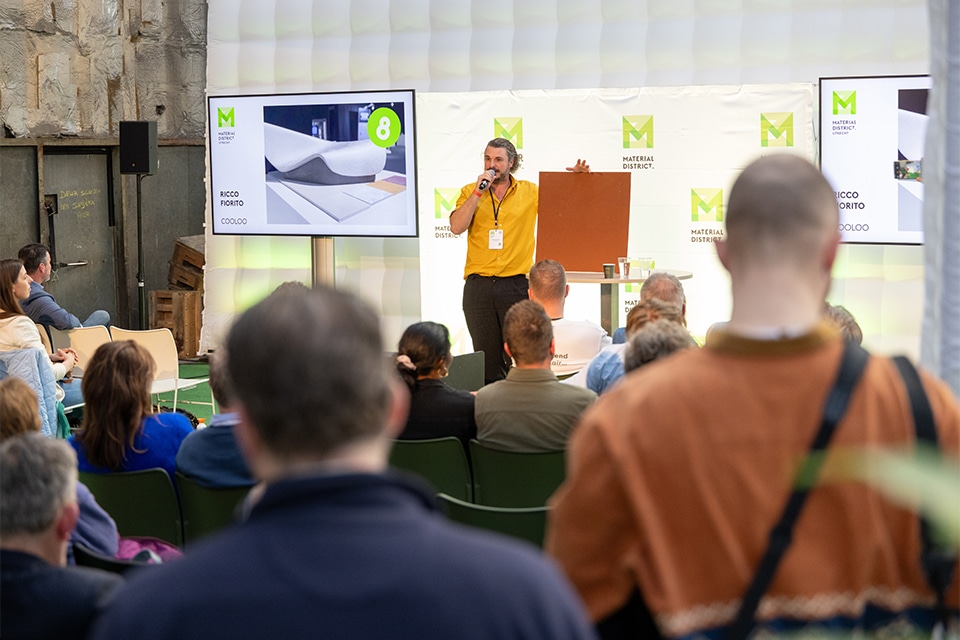
FOAMGLAS® continues to invest in fire safety.
Often it is limited to material and environmental damage, but fire also causes many deaths each year. Fire prevention is therefore a crucial issue for anyone responsible for the design, construction and management of a building. FOAMGLAS® is a material that not only provides excellent insulation. It is absolutely incombustible and does not contribute to further fire development. This is proven by the various additional fire tests that FOAMGLAS® has been subjected to in recent years.
On a European scale, according to World Fire Statistics Centre statistics for 2014-2018, there were +/- 5,000 fires on average every day, with some 4,000 fatalities on an annual basis. The number of hospitalizations due to fire is a multiple of that. The suffering of victims is a result of the flames but for the most part from inhalation of smoke and toxic gases released during the fire. Smoke also prevents the evacuation of residents and the intervention of firefighters.
The economic consequences of fire - loss of property, interruption of operations, loss of profits, higher insurance premiums... - are also significant. Add to that the impact of combustion gases and contaminated firefighting water on the environment. Fire prevention is therefore of particular importance.
Insulation and fire safety in one
The fire safety of a building depends in part on the materials used. FOAMGLAS® plays a pioneering role within the building industry in terms of thermal, durable and also fire-safe insulation. While other insulation materials can release toxic fumes in the event of fire and help spread the fire, FOAMGLAS® ranks among the highest and safest of the 7 fire reaction classes: "Class A1". This is due to the unique composition of the material: 100% glass with a closed cell structure. FOAMGLAS® insulation boards are totally inorganic and non-exothermic. They contain neither flame-retardant additives nor binders, and in the event of a fire they do not develop smoke or toxic gases. Consequence: escape routes for occupants remain visible and the fire department can intervene more quickly.

FOAMGLAS® is perfectly resistant to flames and higher temperatures. It does not deform or melt, does not cause hot drips, and never contributes to flame propagation.
Per 5 cm 30 minutes additional fire resistance
In addition to being "totally ignitable," FOAMGLAS® insulation has another important advantage: in the event of a fire, it forms a barrier against flames. When cellular glass is exposed to fire, the surface begins to melt and at the same time to glaze or solidify. This creates a kind of heat shield, which increases the fire resistance of other building elements.
Fire resistance tests by Warrington Fire Gent show that FOAMGLAS® slabs of 50 mm thickness extend the fire resistance of masonry walls by 30 minutes. Every 5 cm of FOAMGLAS® increases the fire resistance by half an hour. With slabs 150 mm thick, the fire resistance of walls increases by 90 minutes.
In the last 10 years, large-scale fire resistance tests have been carried out on various FOAMGLAS® buildings. In particular on interior insulation, roof insulation on profiled steel sheet, and two systems for facade insulation: ventilated facade and bonded facade with stone strips. A comprehensive overview of the tests carried out and results achieved is presented in a clear table. The respective reports are available free of charge upon request at https://www.foamglas.com/nl-nl/contact
Interesting information on the fire reaction and fire resistance of building materials and on the applications of FOAMGLAS® insulation can be found in the FOAMGLAS® Fire Prevention brochure. This is available free of charge from https://www.foamglas.com/nl-nl/download




